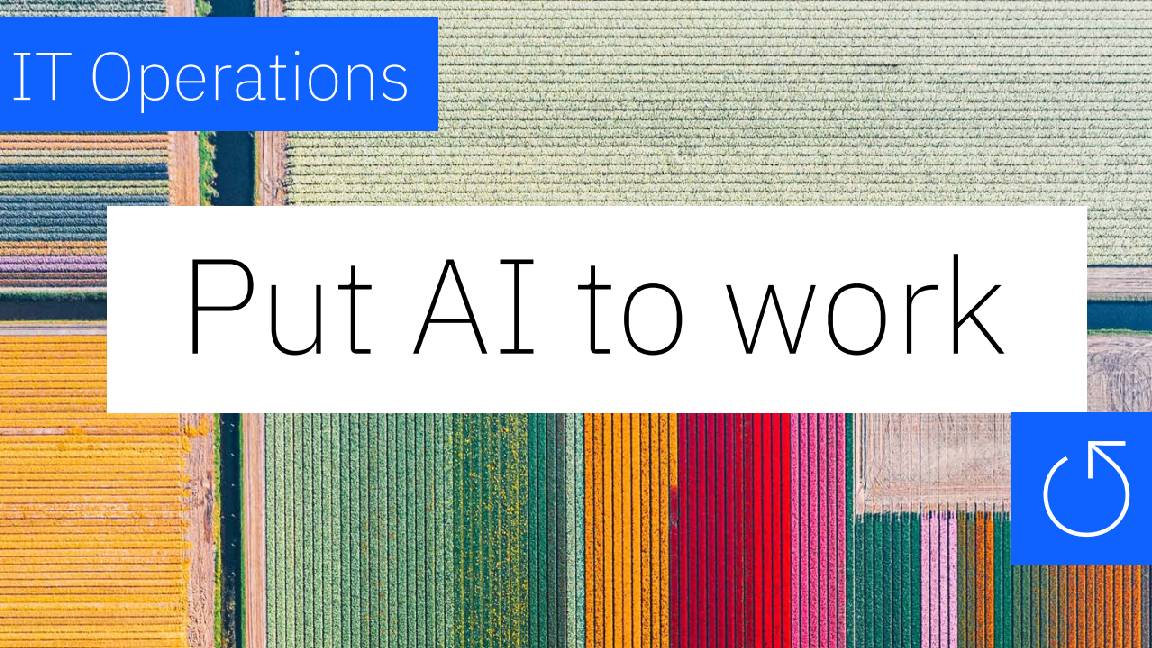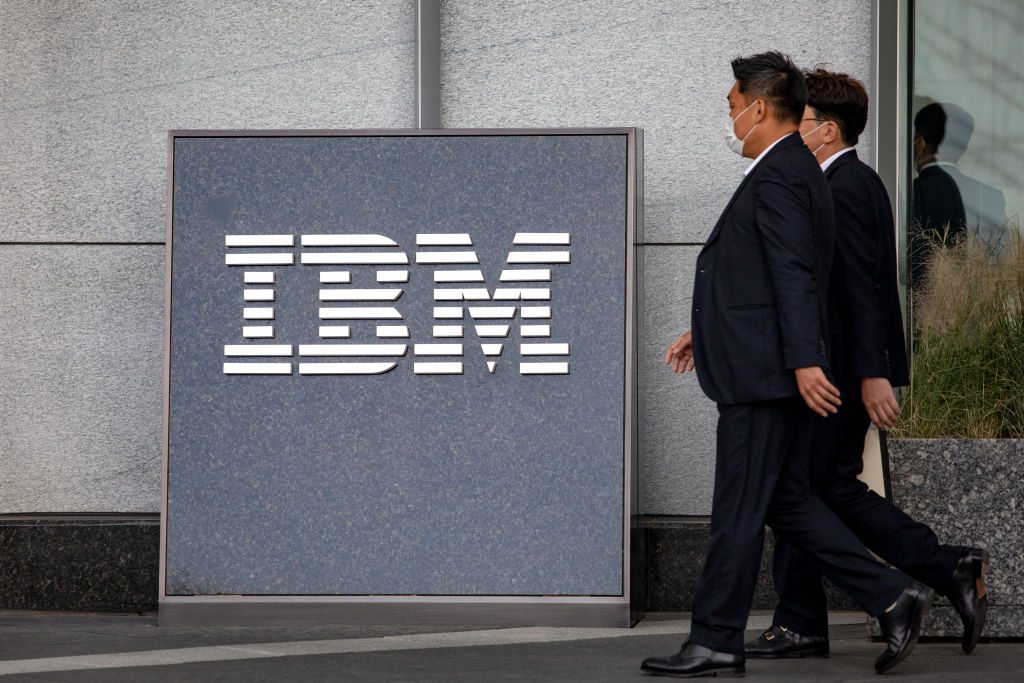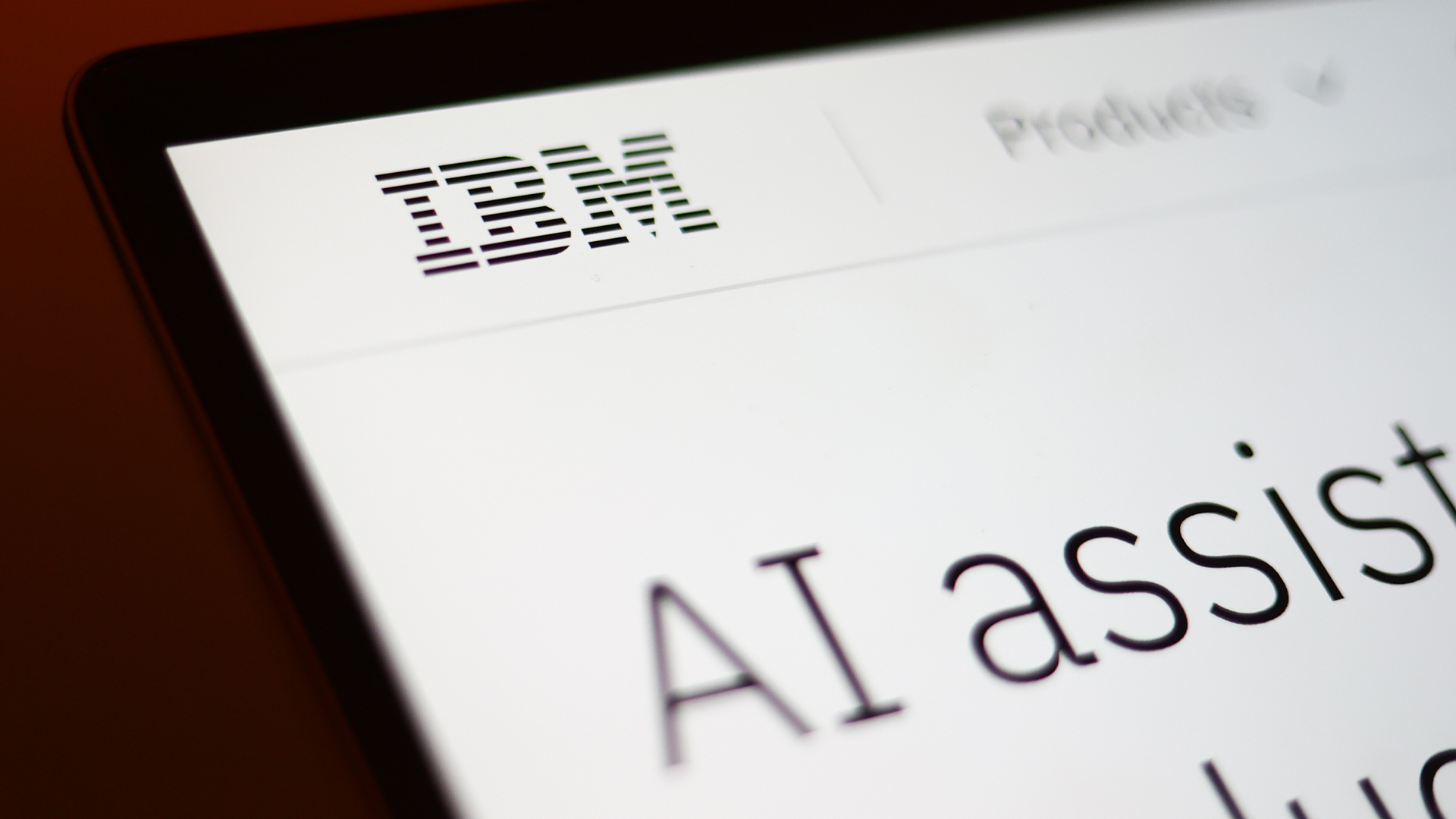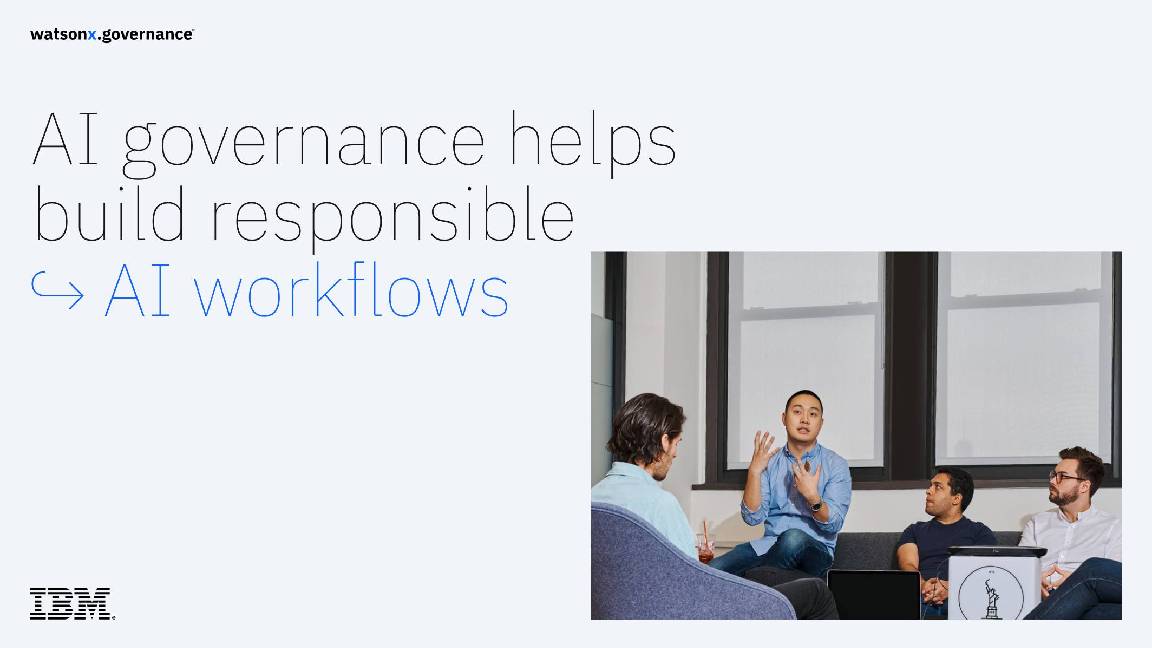Analysis: How an IBM/Sun deal could change the IT industry
IBM is rumoured to be looking to buy Sun for £4.6 billion, creating a massive technology company.

Word that IBM is negotiating to buy Sun Microsystems set off speculation this week about what a post-merger computing industry might look like.
First and foremost, such a deal would put IBM within reach of one of its most elusive goals: to reclaim the crown as the world's largest IT company. HP has surged past IBM in recent years as IBM's hardware offerings shriveled.
Today's IBM is really a software and services company, not a hardware maker. With Sun added to IBM's portfolio, hardware would make up about one-third of the combined company's revenue and, more importantly, would provide a reinvigorated entry point for IBM's other offerings.
After all, it was IBM that HP had in its sights when it bought technology services company EDS last spring for nearly $14 billion. IBM clearly hopes to counter that acquisition with one of its own at less than half the price.
An IBM/Sun combination would bring together the two largest makers of high-end servers that aren't based on the commodity x86 chips made by Intel and AMD. Both IBM and Sun have struggled to continue selling their more expensive servers as customers have chosen instead to invest in large numbers of low-cost servers.
Putting the two high-end server leaders together could make their end of the industry's spectrum more competitive by bringing redundant costs under control.
In the end, the final push toward an IBM/Sun deal may have been provided by Cisco, which announced on Monday that it was getting into the server market. Numerous technology luminaries lined up beside Cisco to support that announcement, including Microsoft, Intel, EMC, VMWare and BMC. Notable by their absence from that list were IBM, HP and Sun.
Get the ITPro daily newsletter
Sign up today and you will receive a free copy of our Future Focus 2025 report - the leading guidance on AI, cybersecurity and other IT challenges as per 700+ senior executives
Analysts have been optimistic about the potential for a combined IBM-Sun behemoth.
"Usually I'm quite the naysayer when it comes to these big deals, but this one is a match made in heaven," said Richard Stiennon, founder and chief analyst at research firm IT-Harvest. "IBM never really succeeded in the server wars so Sun would be a great addition for them. And Sun, despite having solid technology, has made some bad moves in pricing and production."
Forrester analyst John Rymer agreed, noting that the potential deal represents a classic case of consolidation in the maturing high-end server business.
"The prices and the margins have been falling dramatically for the last several years," he said. "It's a market where you only win by being big and having volume. You're not going to win by having a premium-priced product, which is how both of them have been approaching it. IBM is trying to set itself up to compete better with HP."
He doubted, however, that the deal will result in better or more varied products. "I don't see a huge advantage in terms of innovation," he said.
IBM also would gain tremendously from acquiring Sun's varied software portfolio, he said, which includes Solaris, Java, MySQL and OpenOffice. "Right now IBM generates billions of dollars of revenue from Java-based products, but it doesn't control the core, it doesn't control the compilers, nor does it control the frameworks, the language or any of the core technology," Rymer said. "That's a very useful asset for IBM."
Sun's sale, he said, can be attributed directly to the economic downturn, not to poor strategy on the part of its leaders.
Currently, most of Sun's revenue comes from large enterprises around the world. "What they were seeking to do was shift gradually to a revenue base focused on the Web monsters like Google and Amazon and eBay," Rymer said.
He added: "They also wanted to be attractive to the next wave of Internet businesses, the social networking sites and Web 2.0 startups. Sun wanted them to use their software in the hopes that as they grew they would come to back to Sun for servers and storage. It was a fine strategy, very pragmatic and clever. But the recession means that the demand just isn't there for those two customer sets to be the kind of growth engine that Sun needs them to be."
In short, he explained, "the recession got in the way."
Describing the potential $6.5 billion deal as a "fire sale," analyst Stiennon said the merged company would have just one piece missing in its bid to regain dominance over HP: networking.
"There's always Nortel just sitting there," he added. "And they're in the process of being broken up right now."
-
 Should AI PCs be part of your next hardware refresh?
Should AI PCs be part of your next hardware refresh?AI PCs are fast becoming a business staple and a surefire way to future-proof your business
By Bobby Hellard Published
-
 Westcon-Comstor and Vectra AI launch brace of new channel initiatives
Westcon-Comstor and Vectra AI launch brace of new channel initiativesNews Westcon-Comstor and Vectra AI have announced the launch of two new channel growth initiatives focused on the managed security service provider (MSSP) space and AWS Marketplace.
By Daniel Todd Published
-
 Put AI to work for IT operations
Put AI to work for IT operationswhitepaper Reduce the cost and complexity of managing hybrid applications
By ITPro Published
-
 AI in the retail industry is spreading beyond the IT department
AI in the retail industry is spreading beyond the IT departmentNews AI has become a strategic imperative for retailers, delivering marked productivity gains
By Emma Woollacott Published
-
 Maximizing contact center operations with generative AI assistants backed by responsible AI principles
Maximizing contact center operations with generative AI assistants backed by responsible AI principleswhitepaper Reduce the cost and complexity of managing hybrid applications
By ITPro Published
-
 IBM just launched powerful new open source AI models – here’s what you need to know
IBM just launched powerful new open source AI models – here’s what you need to knowNews Available under the Apache 2.0 license, IBM's Granite 3.0 models are trained on enterprise data and can out-perform the competition
By Emma Woollacott Published
-
 Achieving business outcomes with generative AI
Achieving business outcomes with generative AIWebinar Take your hybrid cloud journey to the next level with generative AI
By ITPro Published
-
 Wimbledon’s new Catch Me Up AI feature promises to keep fans up to date at the tournament – after it irons out some of the wrinkles
Wimbledon’s new Catch Me Up AI feature promises to keep fans up to date at the tournament – after it irons out some of the wrinklesNews The latest feature to come out of IBM’s partnership with Wimbledon will keep fans engaged from the early stages right through to the final with dynamic player insights
By Solomon Klappholz Published
-
 AI demands new ways of data management
AI demands new ways of data managementwhitepaper The data leader’s guide for how to leverage the right databases for applications, analytics and generative AI
By ITPro Last updated
-
 AI governance for responsible transparent and explainable AI workflows
AI governance for responsible transparent and explainable AI workflowswhitepaper Build greater trust in your AI
By ITPro Published